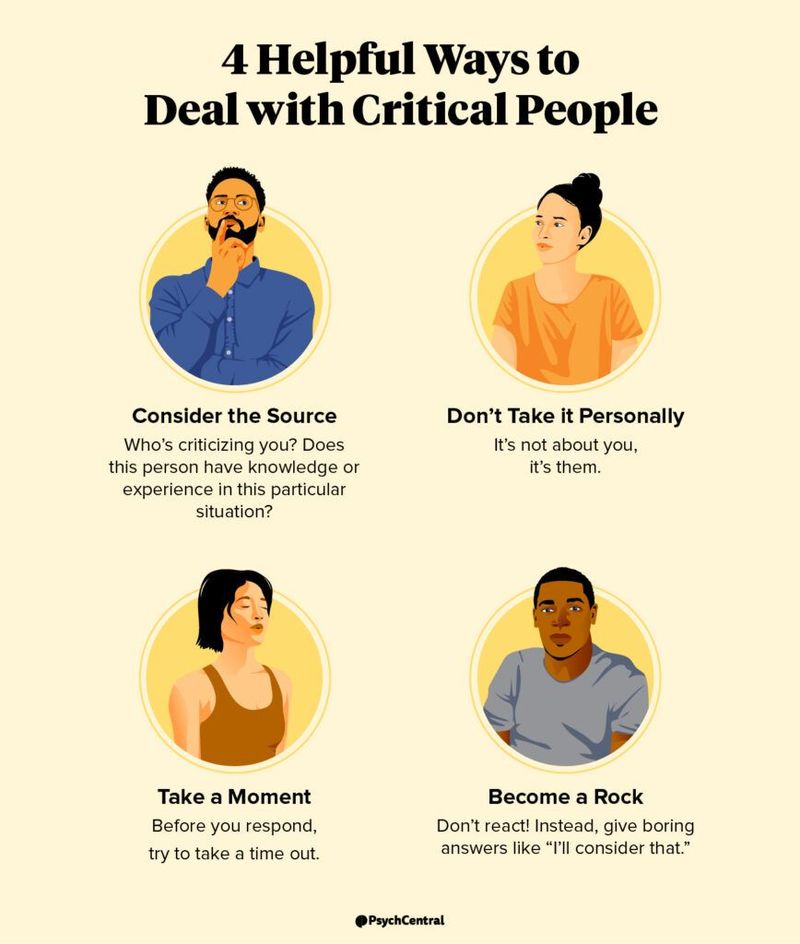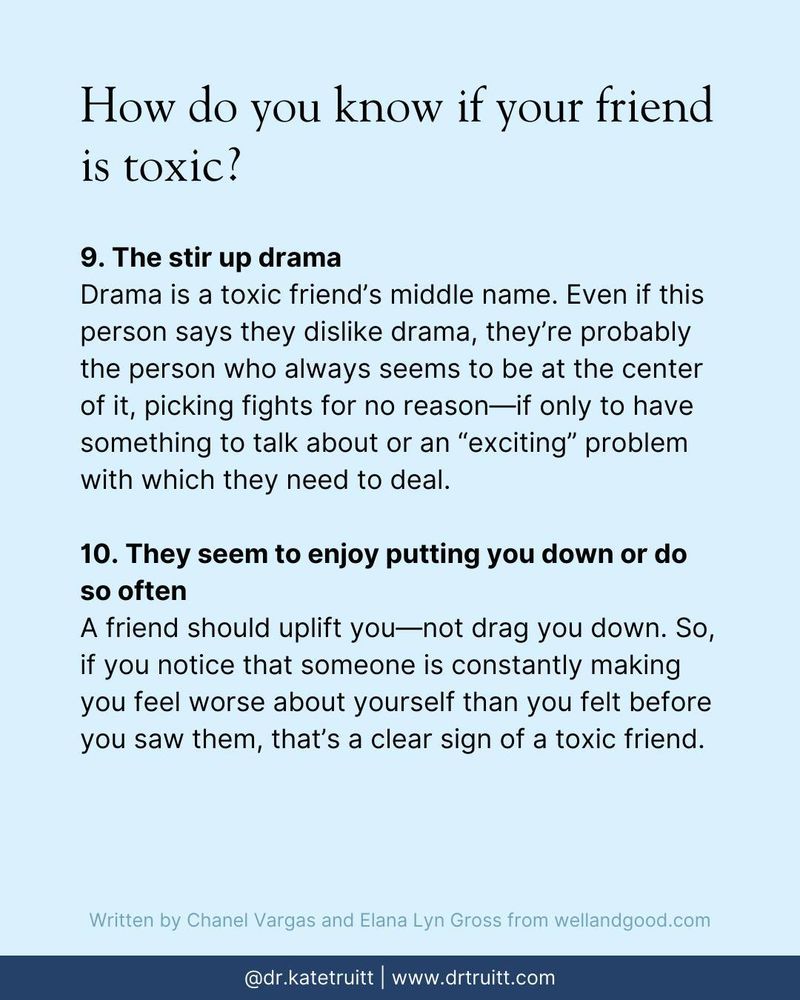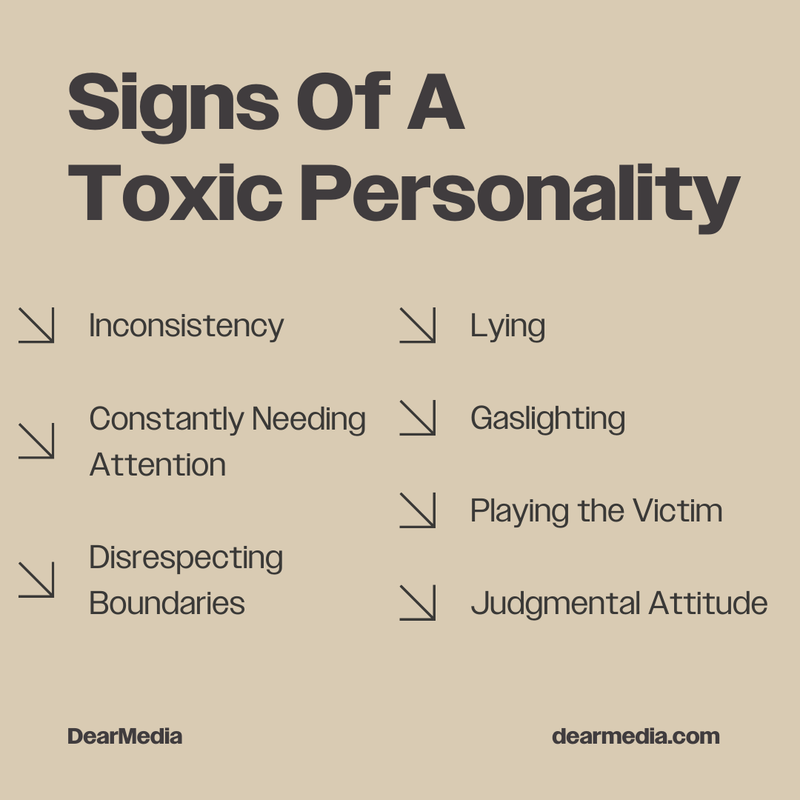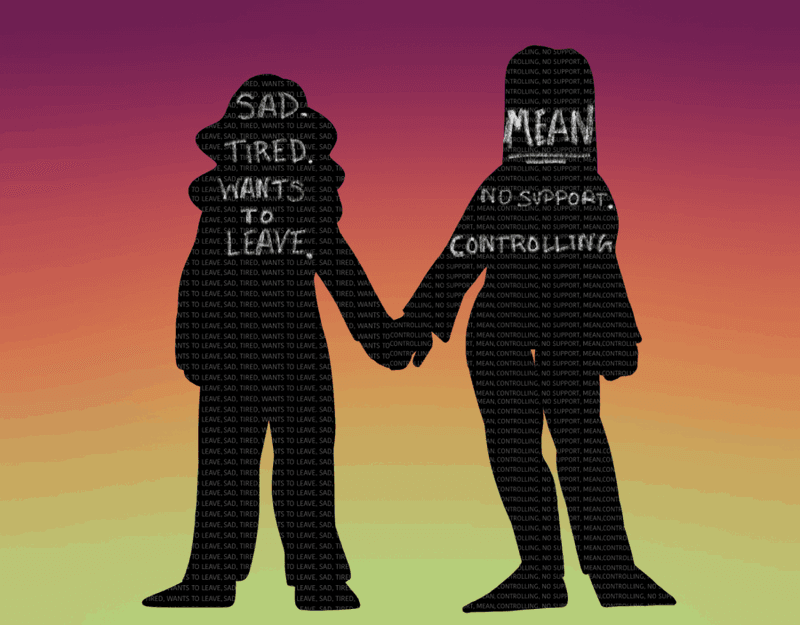Friendships are vital to our well-being, offering support, joy, and understanding. However, not all friendships are healthy. Some can be detrimental, affecting our mental and emotional health. Identifying toxic friendships is crucial for maintaining a balanced life. This post outlines 14 signs of toxic friendships and provides guidance on addressing them. From manipulation to constant negativity, these signs highlight issues that may be harming your personal growth. Learn how to recognize these signs and take appropriate action to maintain healthy relationships. Your well-being should always be a priority, and understanding these dynamics can help you navigate your social world.
1. Constant Criticism

Ever feel like nothing you do is good enough for a friend? Constant criticism can erode your self-esteem. Friends should support, not belittle you. It’s essential to recognize when criticism becomes a pattern, impacting your mental health. A good friend balances honesty with empathy, providing constructive feedback rather than harsh judgments. If you find yourself dreading conversations for fear of being criticized, it may be time to reevaluate the relationship. Feeling valued and respected is crucial in any friendship. Find ways to communicate your feelings and set boundaries to protect your well-being.
2. Emotional Drain

Do you feel emotionally exhausted after spending time with a friend? Friendships should rejuvenate, not drain you. Emotional drain occurs when one person consistently takes without giving. It’s natural to support friends during tough times, but when it becomes one-sided, it affects your emotional health. Consider the balance of support in your relationship. Healthy friendships involve mutual understanding and effort. Evaluate if your friend reciprocates emotional support and if not, it might be time to address this imbalance. Taking care of yourself emotionally is essential for maintaining healthy relationships.
3. Manipulative Behavior

Manipulation is a subtle yet damaging sign of a toxic friendship. It often involves a friend subtly controlling or influencing your decisions. This behavior can be disguised as care or concern, making it hard to spot. A manipulative friend might guilt-trip or pressure you into actions that go against your values. Remember, a healthy friendship is about mutual respect and freedom, not control. Trust your instincts if something feels off. Being aware of these tactics can empower you to set boundaries and maintain your autonomy in relationships.
4. Jealousy and Competition

Jealousy can creep into friendships, turning healthy competition into something more sinister. A friend who constantly compares themselves to you or diminishes your achievements may be toxic. It’s normal to have moments of envy, but consistent jealousy indicates deeper issues. A supportive friend celebrates your successes. Notice if your friend’s behavior changes in response to your achievements. Addressing these feelings openly can prevent resentment from festering. Friendships should inspire growth, not competition. Foster relationships where both parties uplift each other, embracing each other’s strengths without envy.
5. Lack of Support

Support forms the backbone of any friendship. When a friend is unavailable during your times of need, it might be a sign of toxicity. Lack of support can manifest in various ways, from emotional unavailability to dismissing your problems. True friends offer a listening ear and a helping hand. Evaluate whether your friend is there for you when it truly matters. If you find yourself feeling isolated or unsupported, it might be time to address these concerns. Ensuring reciprocal support is crucial for a balanced and healthy friendship.
6. Constant Drama

Does your friend’s life resemble a never-ending soap opera? Constant drama can be exhausting and disruptive. Some people thrive on chaos, dragging you into their turbulent world. While it’s natural for life to have ups and downs, perpetual drama is a red flag. Assess how much of your time is spent dealing with unnecessary conflicts. Healthy friendships involve stability and peace. If you’re often caught in a whirlwind of drama, consider taking a step back. Protecting your peace is vital for your well-being and maintaining balanced relationships.
7. Feeling Obligated

Friendships should feel free and voluntary, not obligatory. If spending time with a friend feels more like a duty than a joy, it might be toxic. Obligation can arise from guilt or pressure, leaving you feeling trapped. A healthy friendship respects your time and boundaries. Reflect on whether you’re engaging out of genuine desire or obligation. It’s important to prioritize relationships that bring joy and fulfillment. Address any feelings of obligation directly with your friend to create a more authentic and enjoyable connection.
8. Lack of Trust

Trust is foundational in any relationship. If you find yourself doubting a friend’s intentions or honesty, it indicates a problem. Lack of trust can stem from broken promises or deceitful behavior. A trustworthy friend is transparent and reliable. Reflect on past experiences and whether trust issues are recurring. Open and honest conversations can sometimes mend broken trust. However, if trust remains elusive, it may be time to reconsider the friendship. A relationship without trust can lead to anxiety and insecurity, affecting your overall well-being.
9. Feeling Used

Feeling used is a clear sign of a toxic friendship. It involves a friend benefiting from your kindness without reciprocation. Whether it’s financial, emotional, or practical, exploitation is never acceptable. A healthy friendship involves mutual giving and receiving. Evaluate if you often feel taken advantage of or if your friend disappears when you’re in need. Address these feelings directly to ensure your boundaries are respected. Friendships should be mutually supportive, not one-sided. Protect your energy and time by fostering relationships where generosity is reciprocated and appreciated.
10. Gaslighting

Gaslighting is a manipulative tactic where a friend makes you question your reality. It often involves denying facts or minimizing your feelings, leaving you confused. Recognizing gaslighting requires self-awareness. Trust your perceptions and feelings. A healthy friend respects your view of reality and validates your experiences. If you find yourself constantly second-guessing, it might be time to reassess the relationship. Empower yourself by documenting incidents and discussing them openly with trusted individuals. Gaslighting can severely impact your mental health, so addressing it is crucial for your well-being.
11. Inconsistent Behavior

Inconsistent behavior can make friendships unpredictable and stressful. When a friend’s attitude or actions vary drastically without explanation, it creates confusion. Consistency in behavior builds trust and reliability. Reflect on whether your friend often changes plans or opinions without reason. Healthy friendships involve stability and predictability. Address your observations with your friend to understand their perspective. Sometimes external factors influence behavior, but persistent inconsistency might indicate deeper issues. Establishing open communication can help mitigate misunderstandings and foster a more stable relationship.
12. Possessiveness

Possessiveness in friendships can feel suffocating and restrictive. When a friend demands all your time and attention, it indicates insecurity. A possessive friend may become jealous of other relationships or activities. It’s important to maintain individuality and independence. Reflect on whether you feel pressured to prioritize one friend over others. A healthy friendship celebrates diverse connections and interests. Address any possessive behavior calmly and assertively. Balancing time and attention among various relationships ensures a richer and more fulfilling social life, free from undue pressure.
13. Negative Influence

Friends can significantly influence our choices and behavior. When a friend consistently encourages negative habits or attitudes, it can be toxic. Reflect on whether your friend’s influence aligns with your values and goals. A positive friendship encourages growth and positive change. If you find your morals compromised or feel pressured into harmful activities, it’s a warning sign. Surround yourself with friends who uplift and motivate you. Establishing boundaries can help mitigate negative influence and promote a healthier lifestyle aligned with your personal aspirations.
14. Constant Negativity

Constant negativity in friendships can be emotionally draining. A friend who always sees the downside or complains can impact your mood and outlook. While everyone has bad days, persistent negativity is concerning. Healthy friendships involve optimism and encouragement. Reflect on the emotional balance in your relationship. Are you often left feeling down or stressed after interactions? Addressing this pattern can improve the friendship. Encourage positive dialogue and focus on uplifting experiences. Surrounding yourself with positivity fosters a more joyful and satisfying social life, enhancing your overall happiness.
Hi all, I am Sidney, an accountant, a hobbyist photographer, and a mother to two sweet girls who are my motivation. I love sharing the tips and tricks I gained all these years I’ve been a mother. I hope it will help you!

